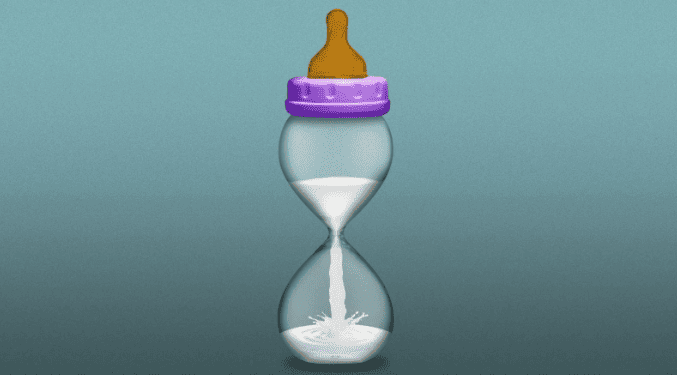- It’s a commonly held analysis that the first statement by the Kyte Baby CEO was tone deaf, stiff, and insincere. That statement was written by the lawyer (as the CEO revealed).
I know some lawyers who are brilliant writers, but, by and large, a good lawyer needs a good crisis communications partner. This is why we preach that the legal team and the comms team need to work hand-in-hand to craft a crisis response. You get one shot at this (don’t get me started on two apologies) and you need to get it right. Yes, you have to guard against future litigation, but that has to be balanced by significant damage to your brand.
2. If you are going to build your brand around a certain ethos that courts a certain type of customer, you’d better know what matters to them. You also better have your policies in line with those values.
If, like Kyte Baby, you are going to be a brand that focuses on mothers who want “innocence, freedom, and a return to nature for their babies,” you are inarguably going after a certain type of customer. And I will bet that, if polled, those customers believe in parental leave — and lots of it. So when, in the very bungled apology, the CEO revealed that their parental leave policy was inadequate, there was uproar. And understandably so.
The majority of reputational crises come from inattention to alignment of values and stakeholders; understanding who your stakeholders are and what they value; and to properly preparing for the inevitable crisis that will come. (Spoiler: It always does).
3. Kyte Baby’s reported revenue for 2023 is $14 million. By most standards, that is still a small business with tight margins. But as Kyte Baby is seeing, those margins are greatly impacted by a reputational crisis.
Crisis preparation is an investment in your business. It’s just as much of an investment as who your suppliers are and which influencers you partner with. Having clarity around your values, your stakeholders, and your operations and trusting that the people, policies, and procedures are going to work when you need them to, lead you to speed — speed in spotting, mitigating, and navigating a reputational crisis.
Working with professionals is always going to be my recommendation, but if you don’t have the budget for it, there are some great books, articles, and podcasts out there to rely on. At the very least, at every staff meeting, hold up an industry publication or business news story and ask your team what you would do if this landed on your doorstep.
So Kyte Baby says it will share its revised maternity policy by February 1. Glad they are revising it, but Kyte Baby has just extended this story and is now the poster child for the argument about paid leave in this country. Exactly what they didn’t want to be.
Need help? Kith facilitates crisis preparedness workshops that will help your company attain the clarity, trust and speed you need to respond confidently – no dithering! – to any crisis. We’d be happy to have a conversation about how we can help your company be ready to chart an effective course to reputation protection. Is your business ready to handle a crisis? Take our Crisis-Proof Your Business quiz and gain valuable insights to prepare your business for any crisis.


